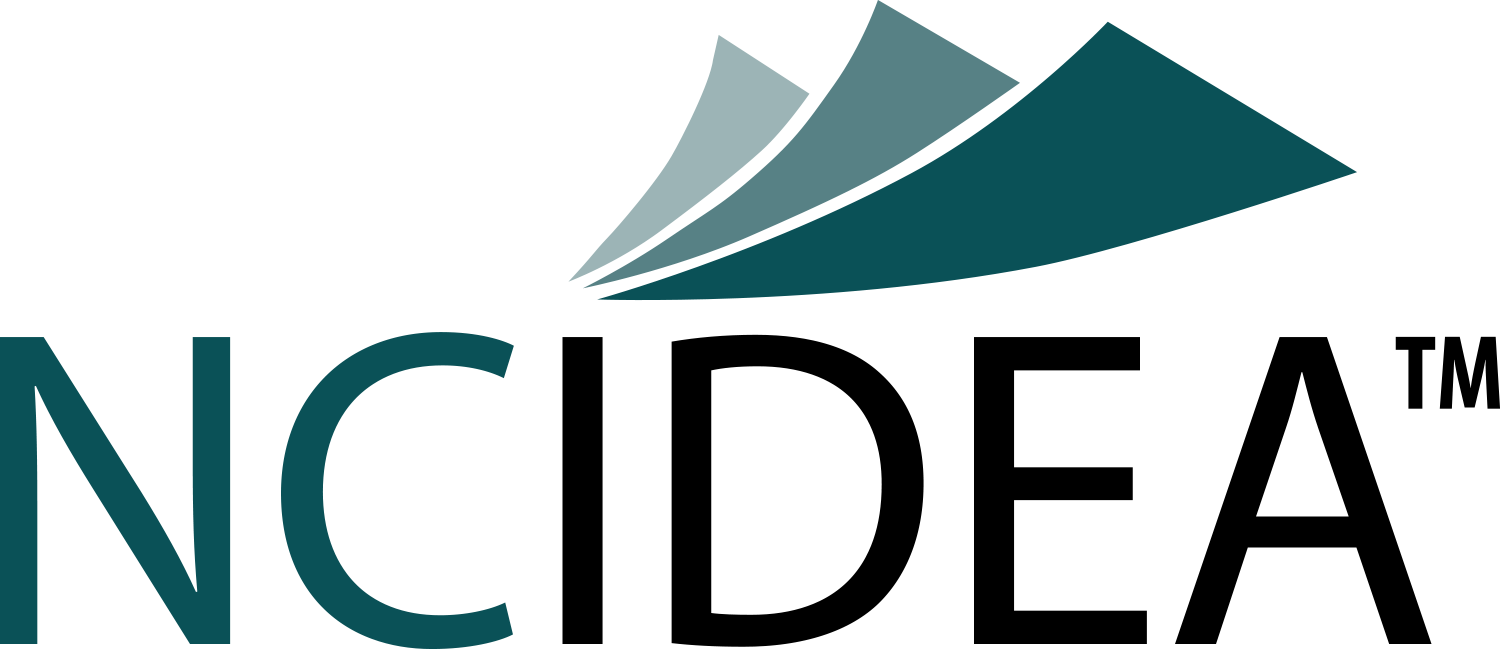“Coming together is the beginning; keeping together is progress; working together is success.”
–Edward Everett Hale
It’s February 1992. Duke and UNC-Chapel Hill are playing what feels like a never-ending game packed with suspense and agony. There’s almost no time left on the clock, and the score is neck and neck. The audience watches in anticipation, praying their team brings home a win. Eric Montross plants his feet at the free throw line as blood trickles down his cheek. Bobby Hurley is lined up outside the paint, anxiously awaiting the opportunity to steer his fellow Blue Devils to victory on a broken foot. Tensions are high, but the stakes are even higher.
It is moments like this that embody the historic landscape of university rivalries in the state: UNC vs. Duke; NC State vs. UNC; NC Central vs. NC A&T. Tailgates separated by variant shades of blue and red, antagonizing fight songs and chants exchanged during games –even divided homes during football and basketball seasons – have become traditions predicated upon one thing: competition.
Embedded deep in the fabric of competition is the desire to be better – set apart from the rest. The thing that makes the Triangle Venture Alliance different from the rest isn’t competition, however. In fact, it’s collaboration.
Coming Together
For startups seeking to expand their presence in the market, investments from angel investors can be instrumental in the success and survival of a company. Angels can make investments independently or with other investors through syndications like the Triangle Venture Alliance (TVA).
TVA, a network of angel investor groups from Duke, UNC-Chapel Hill, NC State and NCCU, provides funding to startups in the region led by alumni, students, faculty and staff. Founded in 2016, TVA was established with the mission of reshaping the entrepreneurial landscape of the region.
“The goal was to make the ecosystem more robust by increasing the capital coming into the area,” says Joseph Sinsheimer, managing director of NC State’s Wolfpack Investor Network (WIN).
To get more capital poured into the ecosystem, Eric Toone, former vice provost and director of Duke I&E, knew that funding would be instrumental. “I had a variety of things in mind, but the first was an affinity angel group for Duke,” says Toone.
The Duke Angel Network (DAN) opened its doors in 2015, and in its first year, the organization had over 70 alumni members who had invested more than $1 million in seven companies. The success of DAN not only proved the value of connecting investors and entrepreneurs with university affiliations, it was the first step toward a bigger picture and a model that could be replicated at universities across the state. With the lessons the organization learned in its first year of operation, it could share notes with universities seeking to establish their own networks.
“Among the Triangle’s greatest resources is the innovation created by our universities – innovation that will power the knowledge economy of the coming decades,” said Toone.
A year after DAN was established, UNC and NC State started their networks: respectively the Carolina Angel Network (CAN) and the Wolfpack Investor Network (WIN). “It was just really good timing,” says John Glushik, former managing director at DAN. “The leadership at UNC, NC State and NCCU were forward-thinking and had already begun thinking about the idea. They just hadn’t found a way to operationalize it.”
“As soon as they were operational, we started working together. We met weekly and talked processes, learning from each other; we talked about what we liked and what we didn’t like; we shared best practices as much as we could and always looked out for deals that would qualify for one of the networks.,” says Glushik.
“We knew and trusted one another,” says Randy Myer, managing director of the Carolina Angel Network. “The willingness to share experience and documentation, as well as the involvement of leadership, is what made it work.”
The cooperation between the three networks has also shaped the impact of TVA Glushik says. “We can leverage the combined power of three, and possibly more, angel networks in the Triangle and bring together the efforts, making them more powerful than operating independently.”
In 2017, TVA made its first investment as a collective. The company was 410 Medical, a medical device company with a product that can “rapidly infuse-saving fluids during medical emergencies.” “Providing growth capital to companies like 410 Medical is the key to the continued economic success of our region,” said Sinsheimer. “Not only was this product developed locally, but it also will be manufactured in North Carolina, providing a double boost to the local economy.”
In addition to making its first investment as a collective, TVA became partners in the first cohort of NC IDEA ECOSYSTEM during its first year of operation. NC IDEA ECOSYSTEM provides grant funding to organizations working to support programs that impact entrepreneurs in North Carolina.
The Success
Today, TVA has a few more investments under its belt, a growing membership network with over 500 members throughout the country, and the development of an additional network to join the group, Eagle Angel Network (EAN) at NCCU. During the last two years, TVA has also provided new opportunities for entrepreneurs in the region.
“With the support of TVA, we have raised the funds necessary to accelerate the development of [our] device,” said Ray Krauss, CEO of a Camras, TVA’s second investment. “This is an enormous step forward for the company and its technology.” “These networks are using their powerful alumni base to create an investor circle that would assist in financing startups,” says Kyle Chenet, CEO of 410 Medical. “It really enhances the region beyond just the absolute value of the finance goal.”
The future for TVA looks bright. While it may be too early to evaluate how the alliance’s efforts have influenced the flow of capital coming into the area overall, those involved still believe the organization is headed in that direction. More hands make for more work and even more opportunities, and for TVA, it is only the beginning. Soon, tailgates, watch parties, and pep rallies will consume our weekends, and the rivalries we know and love will resurface on athletic fields everywhere. As the summer comes to a close, and as football season begins, remember success isn’t only measured by being better than; success can be found by being better with.
September 6, 2018
Written by NC IDEA Marketing Intern, Sloan Taylor


